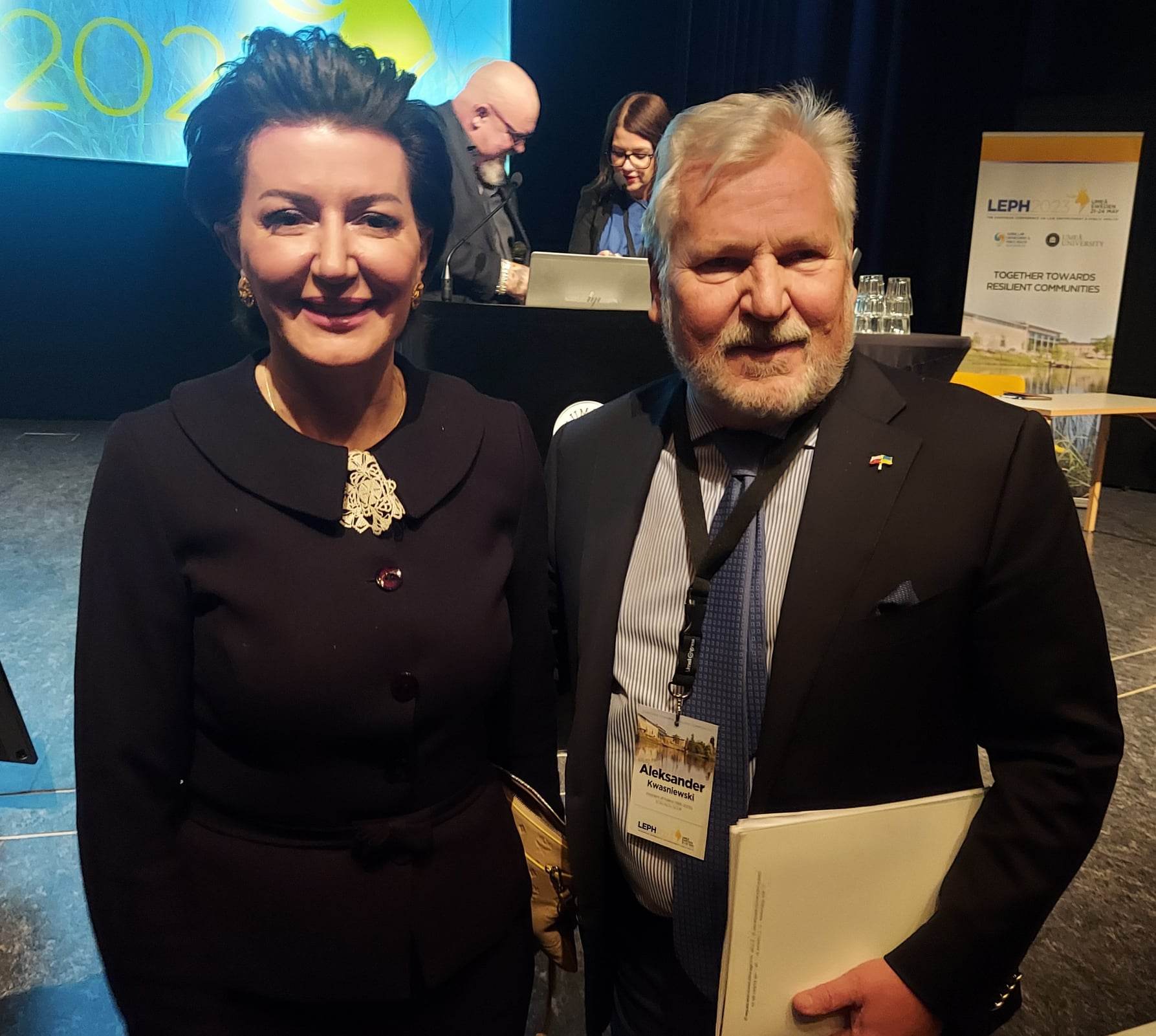Leading experts, including the former President of Poland, Aleksander Kwasniewski, Professor Michel Kazatchkine and General Vladimir Timoshenko, presented innovative approaches to drug policy and called for the decriminalization of drug use and possession.
President Kwasniewski, also Chairman of the Euro-Central Asian Commission on Drug Control and Commissioner of the Global Commission on Drug Policy, spoke at the opening ceremony of the conference, where he emphasized the need for alternative sanctions for low-level, non-violent participants in the illicit drug market. He presented the “Principles for Effective and Humane Drug Policies in EECA,” which outlined eight principles and eleven priority areas of action for more effective drug policies.
“Together we can reform drug policies that are more humane, more reflective of what is really needed, and overcome built-in prohibition and stigma,” President Kwasniewski emphasized.
Professor Michel Kazatchkine highlighted one of the most challenging recommendations of the Global Commission: moving from prohibition to legislative regulation of drugs. He called for legislative regulation of all currently illicit drugs, starting with cannabis, and justified this through a supply chain with strict controls on efficacy, quality and access.
“In the conceptual framework of harm reduction, progress can begin at the local, national and regional levels, where policy makers, law enforcement, health and social care professionals, and civil society can make innovative changes. Much can be achieved through a ‘bottom-up’ approach rather than a ‘top-down’ approach,” the professor concluded.
General Volodymyr Tymoshenko, Commissioner of the Euro-Central Asian Commission on Drugs and General of the Security Service of Ukraine, shared his professional experience and his changing approach to drug issues. He spoke about transforming his understanding and adopting a balanced approach to drugs in Ukraine.At the conference, President Kwasniewski also met with Atifete Jahjaga, President of the Republic of Kosovo, where they discussed the current situation in the EECA region and expressed support for Ukraine.They also expressed readiness to cooperate and work together on drug policy reforms in the region.
The ideas and principles presented at the conference can serve as a starting point for a more humane and effective drug policy in the EECA region.






